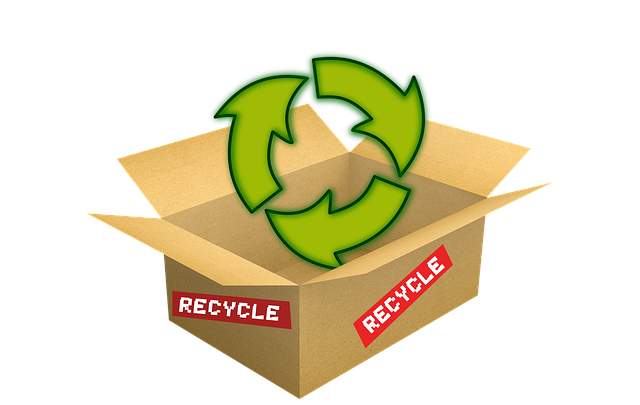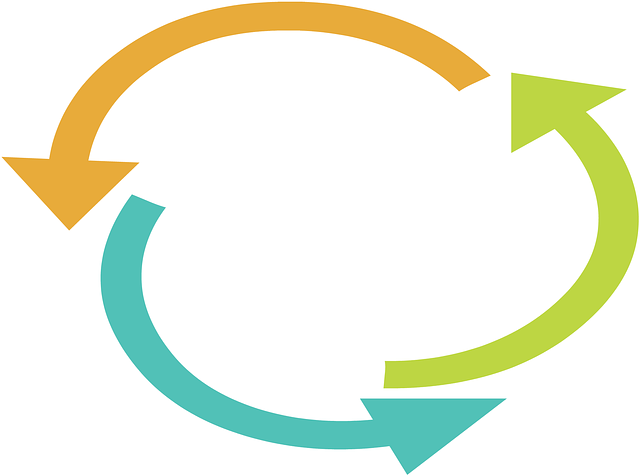The NYS electronic recycling law in Boston mandates responsible e-waste management for businesses and residents, covering items like computers, phones, batteries, and lighting. Boston has drop-off locations following state guidelines to avoid penalties. Businesses must implement collection and recycling programs, exploring tailored options under the law for cost savings and enhanced public image.
In New York State, the NYS Electronic Recycling Law mandates responsible disposal of electronics. This comprehensive guide explores Boston’s role in ensuring compliance with this crucial legislation. From understanding acceptable items for recycling to exploring incentives and penalties, we break down effective methods for responsible e-waste disposal. Learn how Boston is leading the way in sustainable electronic recycling practices, setting an example for other cities under the NYS Electronic Recycling Law.
- NYS Electronic Recycling Law: An Overview
- Boston's Role in Compliance
- Acceptable Items for Recycling
- Responsible Disposal Methods
- Incentives and Penalties Explained
NYS Electronic Recycling Law: An Overview

The New York State (NYS) Electronic Recycling Law is a comprehensive regulation aimed at managing and recycling electronic devices responsibly. This law, enacted to protect public health and the environment, sets strict guidelines for the proper disposal of e-waste in the state. Boston, as a major city within NYS, must adhere to these directives, ensuring that all electronic waste (e-waste) is handled and recycled appropriately.
Under the NYS Electronic Recycling Law, specific categories of electronics are covered, including computers, phones, batteries, and lighting fixtures. The law mandates that certain businesses and organizations responsible for generating e-waste must participate in approved recycling programs or events. E-waste recycling initiatives in Boston, such as community events, often align with these state regulations. In comparison to NYC, Boston’s approach to electronic waste disposal laws shares similarities but may also have distinct requirements, reflecting the unique needs and infrastructure of each city.
Boston's Role in Compliance

Boston, as a major city in New York State (NYS), plays a crucial role in ensuring compliance with the state’s electronic recycling law. According to NYS regulations, all businesses and residents must responsibly manage their electronic waste, or e-waste, through proper recycling methods. This includes devices such as computers, phones, and other electronics that contain hazardous materials. Boston area businesses have specific responsibilities under this law, which aligns with NYC’s e-recycling standards.
To meet NYS electronic recycling law Boston requirements, businesses must partner with certified electronic recyclers who adhere to state guidelines. There are multiple reliable options available for How to recycle electronics per NYS law Boston, ensuring that e-waste is processed safely and securely. Comparing e-recycling methods under NYC and Boston’s NYS-aligned laws shows that both regions prioritize environmental protection while offering flexible solutions for responsible disposal of electronic devices.
Acceptable Items for Recycling

Under the NYS electronic recycling law, residents and businesses in Boston are required to responsibly dispose of various electronic items. The list of acceptable items for recycling includes computers, laptops, monitors, TVs, cell phones, and small household appliances. These devices contain hazardous materials that can contaminate soil, water, and air if not handled properly.
Boston’s compliance with the NYS electronic recycling mandate is crucial to minimizing these environmental risks. The city has established several drop-off locations for e-waste recycling, making it easier for residents to dispose of their old electronics. Additionally, Boston’s role in responsible electronic waste recycling under NYS law involves strict adherence to state guidelines, including proper segregation, collection, and processing of recyclable materials to avoid any NYS penalties for non-compliance with e-waste recycling laws in Boston.
Responsible Disposal Methods

In Boston, responsible disposal methods for electronic waste (e-waste) are a key aspect of adhering to the NYS electronic recycling law. The NYS legislation on proper e-waste management in Boston outlines clear guidelines to ensure hazardous materials from electronics are handled and recycled safely. Local e-waste drop-off locations following these NYS guidelines in Boston play a vital role in facilitating responsible disposal, making it convenient for residents to contribute to sustainable e-waste management.
Boston area businesses have specific responsibilities under the NYS law when it comes to e-waste recycling. They are required to implement proper collection and recycling programs for electronic devices, ensuring that these valuable resources don’t end up in landfills. By doing their part, Boston-based businesses not only comply with state regulations but also contribute to a greener environment, fostering a sustainable future for the city in line with the local e-waste drop-off locations’ efforts following NYS guidelines.
Incentives and Penalties Explained

The NYS electronic recycling law, specifically designed to protect the environment and promote sustainable disposal practices, has significant implications for businesses operating in Boston. Understanding these regulations is crucial for ensuring compliance with the state mandate. Under this law, Boston-based businesses are required to implement effective electronic recycling programs to manage waste responsibly. This includes proper collection, storage, and processing of e-waste, such as computers, phones, and other electronic devices.
Incentives for compliant businesses include potential cost savings and positive public image. On the flip side, penalties await those who fail to meet these standards. Non-compliance can result in fines, with the severity depending on the level of violation. This underscores the importance of knowing and adhering to NYS regulations regarding electronic recycling programs in Boston. For businesses seeking to navigate this process efficiently, exploring dedicated recycling options tailored to their needs under the NYS law is highly recommended.
The NYS electronic recycling guidelines provide a clear framework for responsible e-waste management, with Boston leading the way in compliance. By understanding acceptable items for recycling, preferred disposal methods, and the associated incentives and penalties, residents can actively contribute to reducing environmental impact. Adhering to the NYS Electronic Recycling Law ensures not only proper disposal but also fosters a more sustainable future for all New Yorkers.














